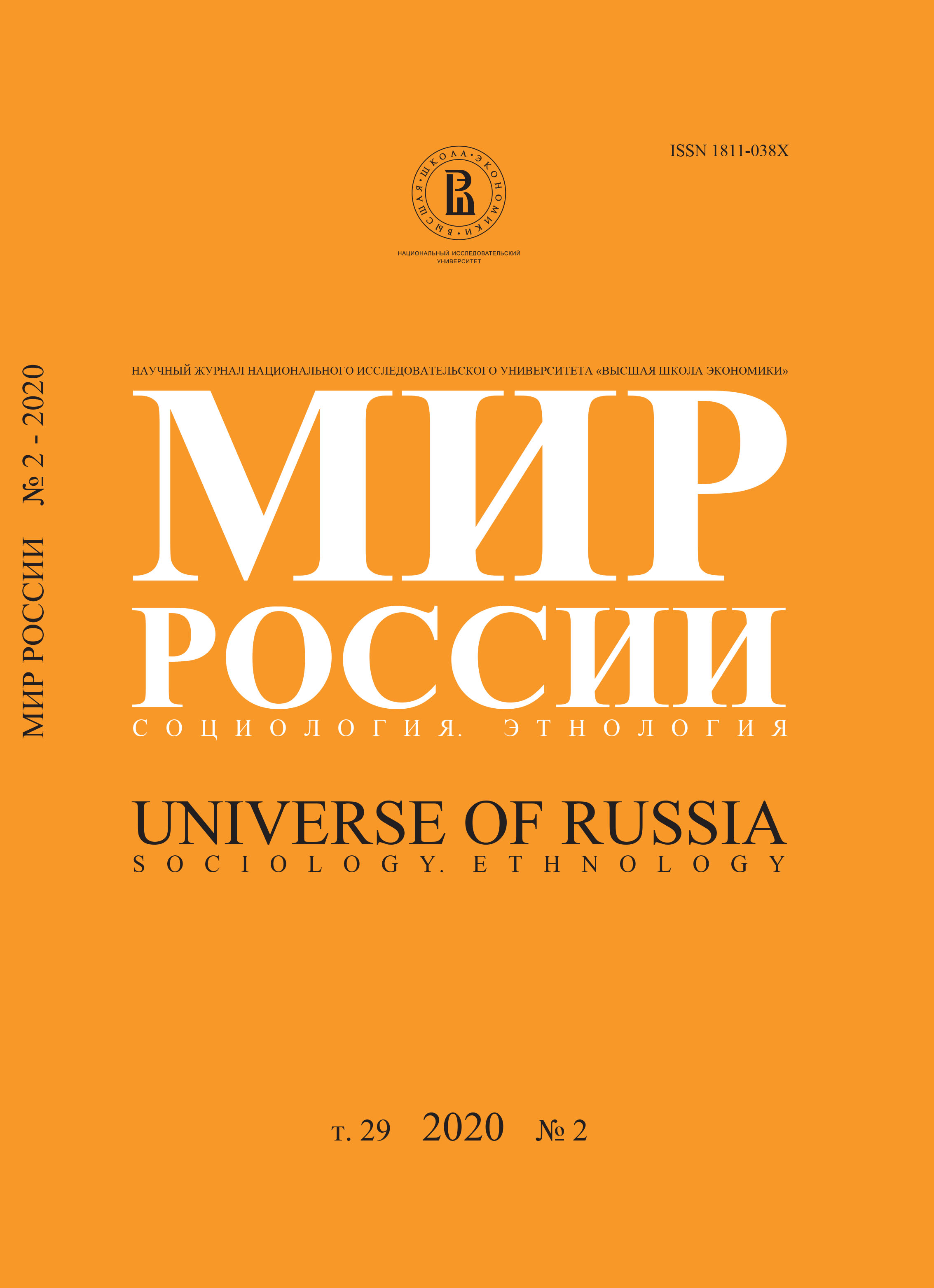After the Crimea: Eroding Consensus
Book Review: Fedorov V.V. (ed.) (2018) Elections in the Crimea: 2016–2018 Electoral Cycle and Prospect for Political Transition, Moscow: WCIOM (in Russian)
Abstract
Citation: Belousov A. (2020) After the Crimea: Eroding Consensus. Mir Rossii, vol. 29, no 2, pp. 195–204 (in Russian). DOI: 10.17323/1811-038X-2020-29-2-195-204
The publishing of the book “Elections in the Crimea” was conveniently timed for reflection. Although the election cycle of 2016–2018 has ended, taking with it the induced patriotism, a new election cycle is starting to unfold right before our eyes.
You can open the book on any page, read what political scientists had to say at the time and either confidently object “this is not what it is like today!”, or simply exclaim “this was not so long ago!” The small turnout on voting day in September 2019 forced the protest mobilization to concentrate its effort far beyond the electoral venues. The administrative mobilization forced many to only imitate the desired voting. An attempt to constrain the political expression of urban citizens through the far-fetched delimitation of electoral districts could do nothing about the growing interest of protest leaders and their followers in urban issues. The Crimean consensus enabled “United Russia” to collect enough votes in the 2016 State Duma elections, but it could not prevent the party’s delegitimization, which intensified sharply after the pension reform. The attempt to disguise establishment candidates by self-nomination also failed during the 2019 Moscow City Duma elections. Instead of decreased party competition, Russia has the experience of a successful political coalition in the same election campaign. The crackdown on dissent gave rise to protests without leaders, while the regular mobilization of the administrative electorate washed out the meaning of this procedure. The book “Elections in the Crimea” provides an excellent opportunity to feel how time is accelerating before our eyes. It will also provide the best answer to the sceptics who believe that we live in a country where nothing changes, and time seems frozen. This “frozen time” is very accurately captured in the WCIOM book, but it ends unexpectedly, so that we can only think of it now as memories of the past. The book has also much other value, besides the historical. It provides a reference frame for understanding how far and in which direction we had moved from this frame by the end of 2019.






